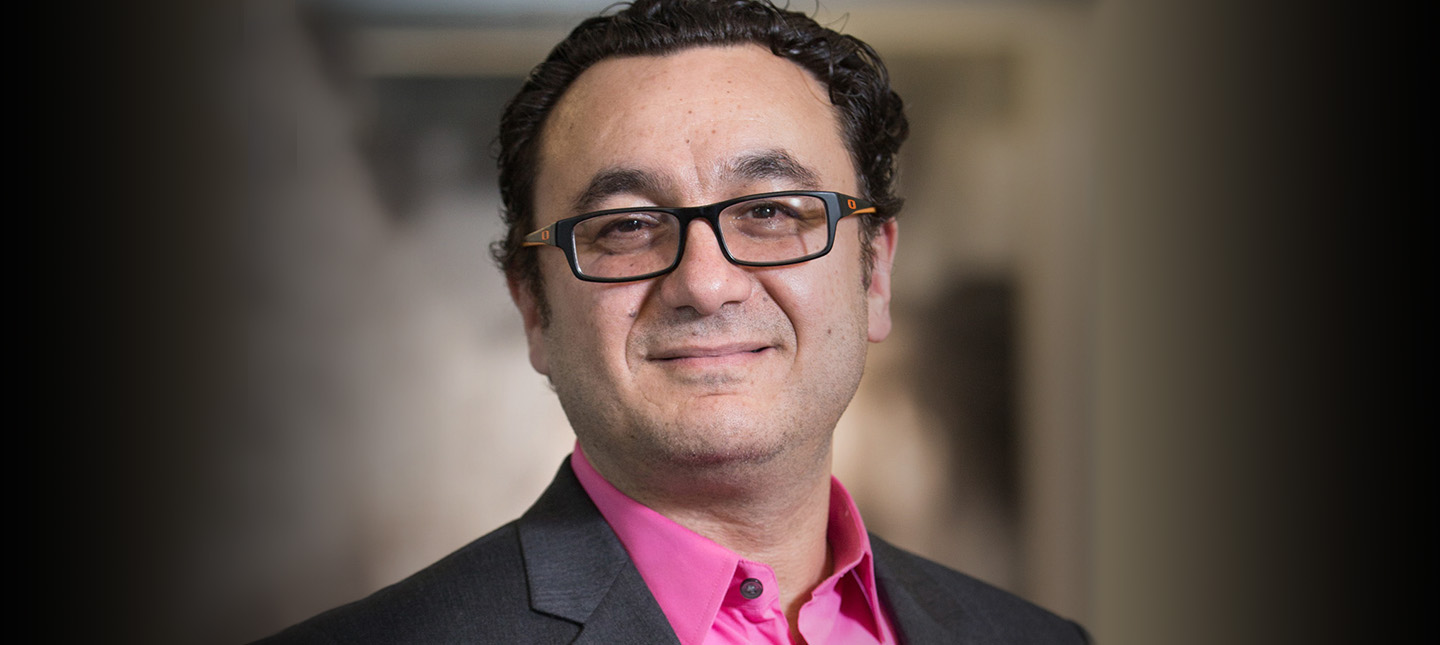Published in the JAMA Network Open. Here is a link to the article.
Regenstrief Institute authors: Nicole Fowler, PhD, Arthur Owora, PhD, Malaz Boustani, M.D., MPH
Early and equitable detection of cognitive impairment in older adults is critical, especially among underserved populations. This cross-sectional study evaluated the prevalence of unrecognized cognitive impairment in adults aged 65 and older receiving primary care at five federally qualified health centers (FQHCs) in Indianapolis between 2021 and 2023. Eligible participants had no prior diagnosis of mild cognitive impairment (MCI), dementia, or severe mental illness. Of the 844 individuals approached, 294 consented, and 204 completed the study.
Participants underwent comprehensive cognitive evaluation, including neuropsychological testing and input from both structured interviews and medical records. The mean participant age was 70 years, with a sample composed predominantly of African American (52.9%) and female (62.3%) individuals. Notably, the cohort demonstrated substantial social vulnerability, with a mean Area Deprivation Index score of 78.3, indicating high neighborhood disadvantage.
Findings revealed a strikingly high prevalence of cognitive impairment: 62.3% met criteria for MCI, and 12.3% for dementia—indicating that nearly three-quarters of participants had undiagnosed cognitive issues. Only 25.5% exhibited normal cognition. African American participants were found to be more than twice as likely as non-Hispanic White peers to have MCI or dementia, even after adjusting for age, sex, and education (OR 2.73, 95% CI 1.38–5.53).
These results underscore the critical need for timely, equitable, and sustainable approaches to cognitive screening in primary care, particularly for racially and socioeconomically marginalized populations. Systematic interventions in FQHCs may help bridge the gap in early detection and improve outcomes in underserved communities.
Authors:
Ambar Kulshreshtha 1, Erik S Parker 2, Nicole R Fowler 3 4 5 6, Diana Summanwar 6 7, Zina Ben Miled 5 6 8, Arthur H Owora 9, James E Galvin 10, Malaz A Boustani 3 4 5 6
Affiliations:
1Department of Family and Preventive Medicine, Emory University, Atlanta, Georgia.
2Department of Epidemiology and Biostatistics, Indiana University School of Public Health, Bloomington.
3Department of Medicine, Indiana University School of Medicine, Indianapolis.
4Indiana University Center for Aging Research, Indianapolis.
5Regenstrief Institute, Inc, Indianapolis, Indiana.
6Center for Health Innovation and Implementation Science, Indiana University School of Medicine, Indianapolis.
7Department of Family Medicine, Indiana University School of Medicine, Indianapolis.
8Electrical and Computer Engineering, Indiana University-Purdue University, Indianapolis.
9Department of Pediatrics, Indiana University School of Medicine, Indianapolis.
10Comprehensive Center for Brain Health, Department of Neurology, University of Miami Miller School of Medicine, Boca Raton, Florida.










